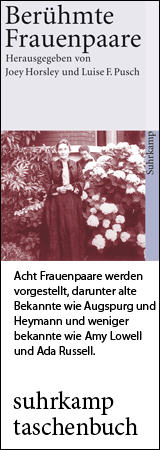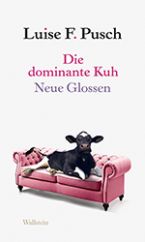
Commons.Wikimedia.org
born on November 24, 1848 in Würzburg, Germany
died on May 17, 1929 in Berlin, Germany
German singer
175th birthday on November 24, 2023
Biography
“Life is too short and the art of singing too difficult to aim for that final and ideal perfection.” (Lilli Lehmann)
Thanks to the techniques she had acquired in years of study, Lilli Lehmann was an incredibly versatile singer: “No sooner had she sung Ännchen in Der Freischütz in Berlin than she appeared in London as Isolde - the singspiel soubrette and the highly dramatic heroine in one person.” (Honolka)
“She has proved herself in the lyrical, sentimental, heroic-dramatic and comic fields on the stage as well as in the concert hall, and is equally revered as a Lieder singer in all four corners of the world.” (Kohut)
In one of her pedagogical essays on singing she wrote (1896): “A good singer must necessarily be able to do both – coloratura and dramatic singing. Both are achieved through hard work, ambition and reflection. ... The only difference between the old and the new vocal training is that in the past people had six to eight years of lessons in acting and singing, and now the training is completed within a year. You can't accomplish anything in such a short time.”
Unlike many of her female colleagues, Lehmann's career was “as bourgeois as her name sounds.” Lilli was born in Würzburg on November 24, 1848. Her father was an alcoholic “Heldentenor” from whom her mother — the singer, singing teacher and harpist Marie Lehmann-Löw — soon separated. Lilli and her sister Marie (1851-1931) were trained as singers by their mother; later both often performed together. Lilli dedicated her almost 600-page autobiography Mein Weg (My Path Through Life, 1913) to Marie.
Lehmann began her career in Prague as the First Boy in Mozart’s Die Zauberflöte. (The Magic Flute also concluded her stage career – as a director in Salzburg in 1910.) In 1869 she went to the Royal Opera in Berlin, where she remained for 15 years.
After Berlin decided against an extension while she was in New York for a guest performance, she broke the contract and remained in the U.S. for five years. Here she “reaped laurels and dollars in abundance” for stellar performances in both German and Italian operas.
“The most characteristic trait of this clever, self-confident, and energetic woman is that of universality. ... She was Praeceptor Operae Germanicae, singer, director, organizer of festivals, crusader for the social reform movements she vigorously advocated, writer and teacher - a universal woman”. (Honolka)
This “discerning singer” (Honolka) addressed every conceivable aspect of vocal techniques as had no other prima donna of her time. Her book, Meine Gesangskunst (How to Sing,1902), remained the bible of the art of singing well into the 20th century.
(Text from 1987; translated with DeepL.com; edited by Ramona Fararo, 2023.)
Please consult the German version for additional information (pictures, sources, videos, bibliography).
Author: Luise F. Pusch
If you hold the rights to one or more of the images on this page and object to its/their appearance here, please contact Fembio.



